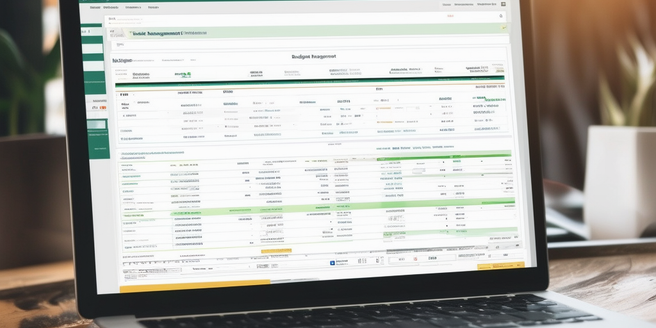
Understanding the Impact of Unemployment on Your Credit Card Debt
Unemployment can create a substantial financial strain, impacting your ability to manage your credit card debt. When income ceases, it may become challenging to keep up with payments. Consequently, it can quickly accrue, leading to higher interest rates and late fees. It’s worth noting that missed payments can also negatively impact your credit score, which can further complicate your financial situation. This situation exacerbates financial stress, making it essential to understand the implications of unemployment on your credit card debt. Knowledge, in this case, equips you with the necessary tools to handle this predicament effectively.
Steps to Minimize Credit Card Usage During Unemployment
One key step to managing credit card debt during unemployment is minimizing card usage. This is because high card usage can rapidly inflate the debt pile, making it harder to manage. Unemployment benefits, savings, or emergency funds should primarily be utilized for essential expenses. Keeping track of all the transactions and managing them proactively can also significantly reduce the debt. Additionally, seeking advice from a financial advisor could prove beneficial. Swapping credit cards for cash can help avoid accruing further debt. Furthermore, it’s worth creating a scaled-down budget that includes only necessities. This curb on spending can help manage expenses until a new employment opportunity arises.
Strategies to Lower Your Credit Card Interest Rates
Lowering credit card interest rates can also be an effective strategy in reducing overall credit card debt. This can often be negotiated with your credit card providers. However, it’s important to maintain good credit and a history of timely repayments to have a strong negotiating position. It’s worth noting that each credit card provider has different policies, so it’s crucial to understand them before starting negotiations. Alternatively, switching to a card with a lower interest rate can also be considered. Consolidating debts onto one card with a lower interest rate could potentially save you money in the long run and make monthly payments more manageable.
Engaging in Open Communication with Your Credit Card Providers
Engaging in open and honest communication with your providers may lead to alternative arrangements that can help manage debt. This might include payment plans or hardship programs. In some cases, you may even be able to negotiate a lower overall debt amount. Providers may lower interest rates or waive certain fees to support those facing financial hardship due to unemployment. Keep in mind that taking this step requires a great deal of courage, but is absolutely necessary for progress. Don’t hesitate to reach out to them, disclose your situation, and find a way forward.
Consider Debt Consolidation as an Option During Unemployment
When managing multiple credit card debts, consolidation can be a viable option. This approach involves combining all your debts into a single payment, often with a lower interest rate. The key is to find a consolidation option that fits your financial situation and goals. To achieve this, you might consider applying for a consolidation loan or transferring all your debts to a single credit card. Not only does this make your debt more manageable, but it can also reduce the total cost of your debt. However, it’s crucial to take your personal circumstances into account when considering this option.
Developing a Post-Unemployment Plan to Handle Credit Card Debt
Planning effectively for post-unemployment is critical in managing credit card debt and maintaining your financial health. Analyzing your existing debts, monthly budget, and regular expenses is fundamental to this process. Prioritizing resuming regular payments as soon as you’re financially able, and addressing accumulated debt, is paramount in regaining financial control. This proactive approach could lead to a stronger foundation for good credit and future financial stability. Although recovering from unemployment’s financial impact can be difficult, a solid plan, determination, and a positive mindset can lead to financial independence. Despite the debt, taking proactive steps towards a stable financial future can provide you control over your finances.
